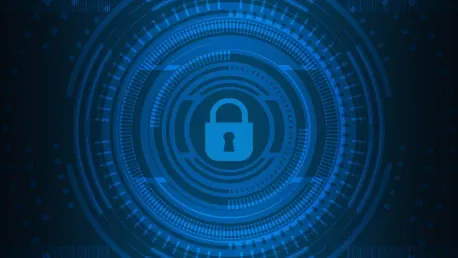The U.S. Department of Justice has filed a lawsuit against the Georgia Institute of Technology and its affiliate, Georgia Tech Research Corporation, over significant cybersecurity lapses. This legal action underscores the gravity of the situation where Georgia Tech allegedly failed to adhere to essential cybersecurity requirements specified in its contracts with the Department of Defense (DoD).
Cybersecurity Shortcomings at Georgia Tech
The allegations focus primarily on Georgia Tech’s inadequate compliance with DoD regulations, which purportedly compromised sensitive government information. Highlighting the core issue, Georgia Tech did not develop and implement an adequate system security plan until February 2020, despite its contractual obligations. Even after this delay, the resulting security plan failed to comprehensively cover all necessary equipment, including laptops, desktops, and servers.
Whistleblower Involvement
The lawsuit has been bolstered by a whistleblower suit, which played a key role in bringing these allegations to light. The involvement of a whistleblower underscores the seriousness of the issue and provides an insider’s perspective that adds credibility to the case. Such internal revelations can be crucial in exposing compliance failures that external audits might overlook.
Findings and Implications
At the heart of these allegations is the Astrolavos Lab at Georgia Tech, which demonstrated significant lapses in maintaining necessary cybersecurity protocols. This failure potentially exposed sensitive government data, thereby compromising U.S. national security interests. The situation at the Astrolavos Lab serves as a cautionary note, highlighting the vulnerabilities that can exist when institutions do not adhere strictly to cybersecurity requirements.
Broader Perspective on Compliance and Vulnerabilities
There is broad agreement that institutions handling sensitive government information must strictly adhere to cybersecurity requirements. The lapse at Georgia Tech underscores the inherent vulnerabilities in academic institutions involved in government research. With increasing scrutiny on cybersecurity practices in academic settings, this incident serves as a stark reminder of the critical need for robust and enforceable cybersecurity measures.
Trends and Urgency in Cybersecurity
The Georgia Tech incident is part of a larger trend where academic and research institutions are being examined for their cybersecurity practices. This case demonstrates a growing urgency for stringent cybersecurity measures, emphasizing that even renowned institutions are not immune to oversight failures. The overarching narrative stresses that the safeguarding of sensitive data cannot be compromised and that systemic failings in cybersecurity can pose significant national security risks.
Conclusion
The U.S. Department of Justice has initiated legal proceedings against the Georgia Institute of Technology and its affiliate, the Georgia Tech Research Corporation, citing major cybersecurity deficiencies. The lawsuit highlights the pressing issue of Georgia Tech’s failure to meet critical cybersecurity standards outlined in its contractual agreements with the Department of Defense (DoD). These contracts mandated stringent cybersecurity measures to safeguard sensitive information. However, the institution reportedly neglected to implement these necessary protocols adequately, thereby exposing potentially sensitive data to cyber threats. This legal action emphasizes the importance of adhering to federal cybersecurity requirements, particularly for entities engaged in defense-related research and operations. It serves as a stark reminder that organizations must rigorously comply with prescribed security measures to protect classified and sensitive information, especially when contracting with government entities like the DoD. The implications of this lawsuit could spur other educational and research institutions to reassess and bolster their cybersecurity practices to avoid similar pitfalls and legal consequences.









